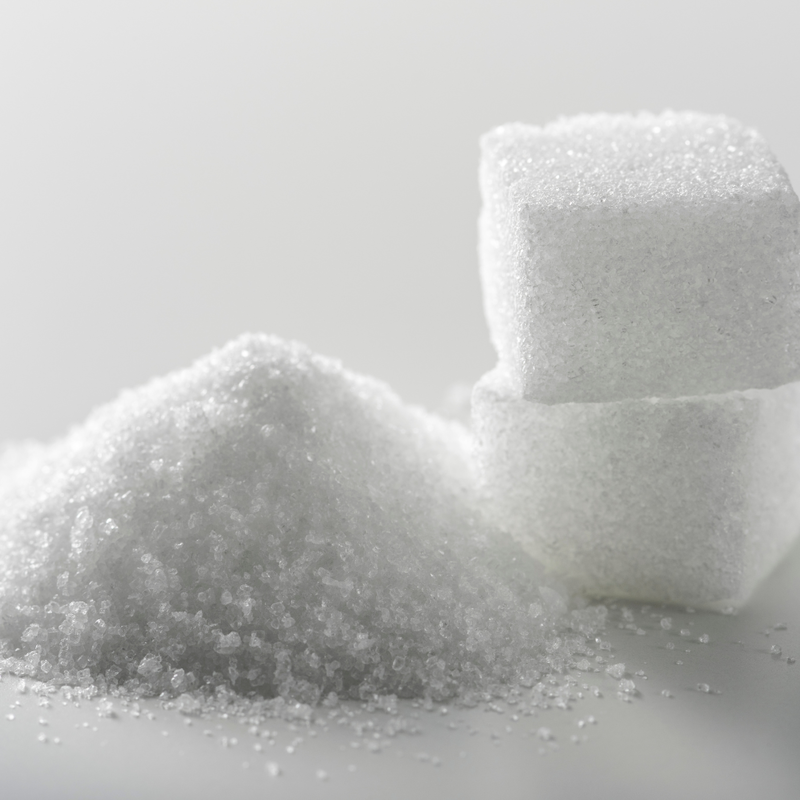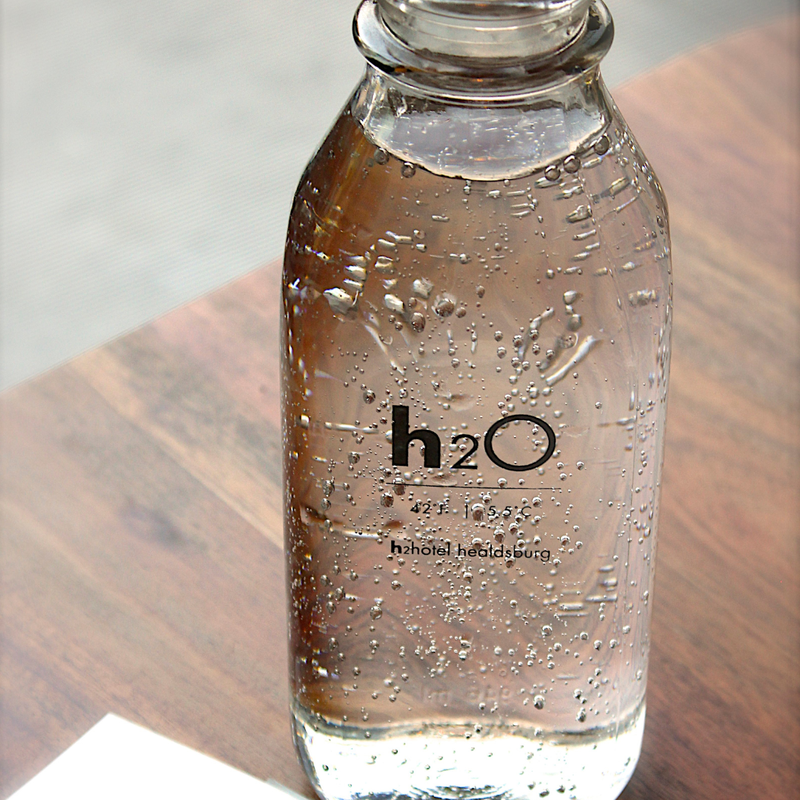


As we’re all aware, it’s much more difficult to build strong habits than it is to break them. Routines and patterns can be great things, but they can also be the opposite. With the weather getting warmer, vacations, and work life slowing down (hopefully), here are some changes that will benefit you and help you feel like your best self this summer.
1) Drink enough water.
This may be the most obvious, yet overlooked routine for a majority of the population. We’ve all heard that drinking 8-10 glasses a day is the recommended amount. However, it’s not always that simple. For starters, we all have different levels of activity, different diets, different body compositions, and even different glass sizes! Therefore, we need to dive a little deeper.
A better metric for how much water you should drink is to start by drinking .75-1 fl oz per lb of body weight. For example, if you are a 180 lb individual, you should start by drinking 135-180 fluid oz of water per day. This is the equivalent of about 20 x 8 oz glasses of water, which is significantly higher than the recommended 8-10 glasses per day. Something else to consider is that simply drinking 135 fluid oz of water all at once is not the same as spacing your water intake throughout the day. An excessive amount of water just catalyzes the excretory system to get rid of the water faster. Theoretically, someone who drinks all their water early in the day, like 8am, can still be dehydrated by 8pm that day if they don’t drink any water the rest of the day.
Finally, your diet plays an important role in hydration as well. If we spend our day eating nutritious foods then our water intake will “go a lot further”. However, if our diets are full of salts, fats, and complex sugars, we have to increase our water intake accordingly.
2) Sufficient exposure to sunlight and Vitamin D.
Spending time in the sun is great for you with moderation. We all want to work on our tans after a long winter. But there are other benefits of exposure to sunlight below the surface.
Sunlight exposure is important because it is the most natural source of Vitamin D. Vitamin D is absorbed by the skin through sunlight, and taken up through diet, then converted into a hormone called calcitriol. Calcitriol is responsible for regulating the amount of calcium the digestive tract can uptake.
Therefore, we can make the inference that if we don’t get enough sunlight, it decreases our vitamin d levels, which negatively impacts our ability to uptake calcium, which can lead to decreased strength of bones and increased probability of bone-related disease.
Get that sunlight in!
3) Addressing hormone imbalance through a sugar-regulated diet.
This is a tricky one. It’s going to be nearly impossible to cut carbs out completely from a diet. Quite frankly, carbs play an important role in a large variety of functions. Cutting them out completely may cause significant issues in the other direction.
Perhaps the most important distinction to make with sugary foods is the impact they have on insulin levels. Insulin is a hormone that regulates the amount of sugar in the blood, but it also has an impact on other hormone levels in the body. When we ingest sugary foods, we create insulin spikes that raise the level of insulin the blood (secreted by the pancreas) to convert the high concentration of sugars in the blood stream. As this happens, other hormone process that are regulated by insulin are affected. Therefore, aside from the obvious concerns of ingesting too many sugary foods, it’s important to regulate the amount of sugars we’re ingesting.


